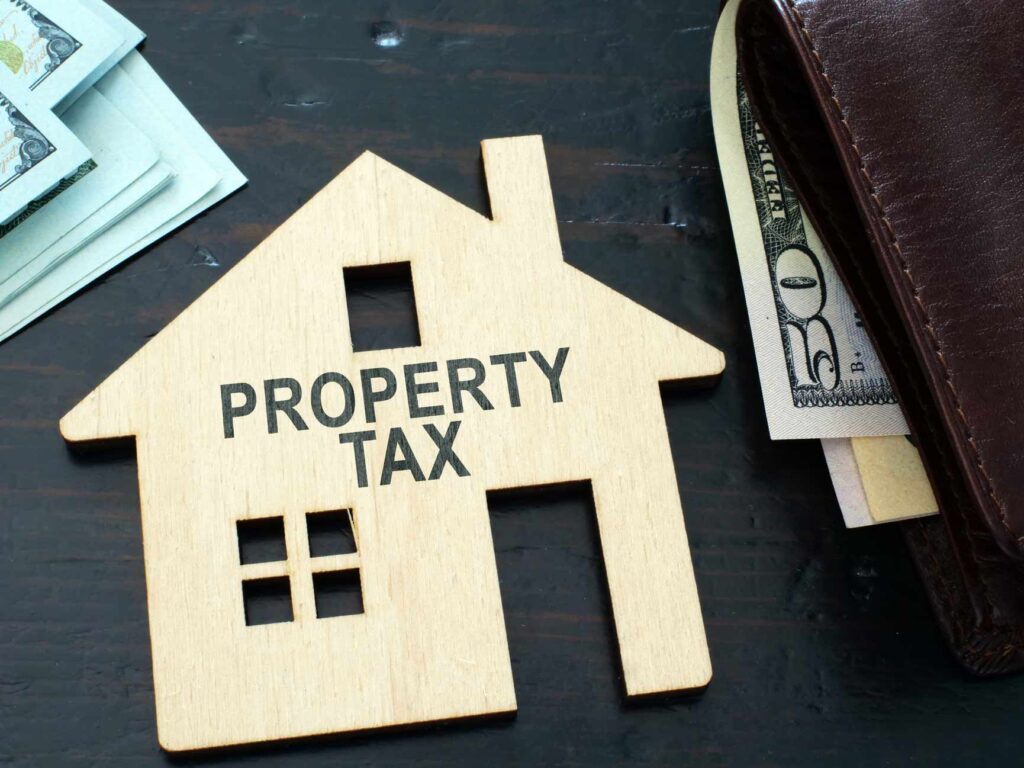If you are a first-time homeowner, there is a lot of information you’ll need to learn quickly during the process of purchasing your house so you can make sure you meet all of your responsibilities. You will quickly learn, for example, all about property taxes: how they work, how you pay them, what they go toward and other such issues.
Here’s a quick overview of some of the most important things you should know about your property taxes in Des Moines, IA:
- Assessments: Your property tax rate is based on the assessed value of your home, which is determined by a tax assessor. The assessor multiplies the assessed value of your property by the mill rate, a figure that refers to the amount per thousand dollars of assessed property value, then divides that resulting number by 1,000. So, for example, if there’s a mill rate of 7 percent on a residence with a $150,000 assessed value, then you’d have a $1,050 property tax bill.
- Reassessment: Your home’s assessed value is subject to change, as tax assessors will periodically perform new assessments. The frequency with which reassessments occurs varies widely from area to area. During the reassessment, the assessor will compare your property to other similar properties that recently sold in the area and determine whether your property is more or less valuable than them.
- Timely payments: You should make sure you always pay your taxes on time, as failure to do so could result in additional interest or, in severe cases, the local government putting a lien on your home. If you sell your home while there’s still a lien on it, proceeds from the sale will have to be used to pay off that lien.
- Deductions: Property taxes are deductible from your federal income taxes if you itemize, so make sure you keep track of your payments. If you pay off your taxes with an escrow account, only the amount of money that actually went to the government can be deducted, not the amount of money you put into the account (if they differed).
- Appeals: If you believe your property tax assessment is unfair or incorrect, you can appeal that value. Here again, your home will be compared to other properties in the same general classification in your immediate area (this means homes that are the same age and size and have other similar amenities that affect the assessed value).
- Local issues: The funds from your property taxes are used to pay for schools and public services, such as libraries, police and fire departments and streets. When there are referendums in your area, generally there are potential property tax increases at stake. When you go to vote, you get to decide whether or not it’s worthwhile to you to increase your property taxes for the proposed service boosts.
For more information about the workings of property taxes in Des Moines, IA, we encourage you to contact the team at Accounting & Tax Professionals, PLC today. We’d be happy to provide the information and advice you need!

